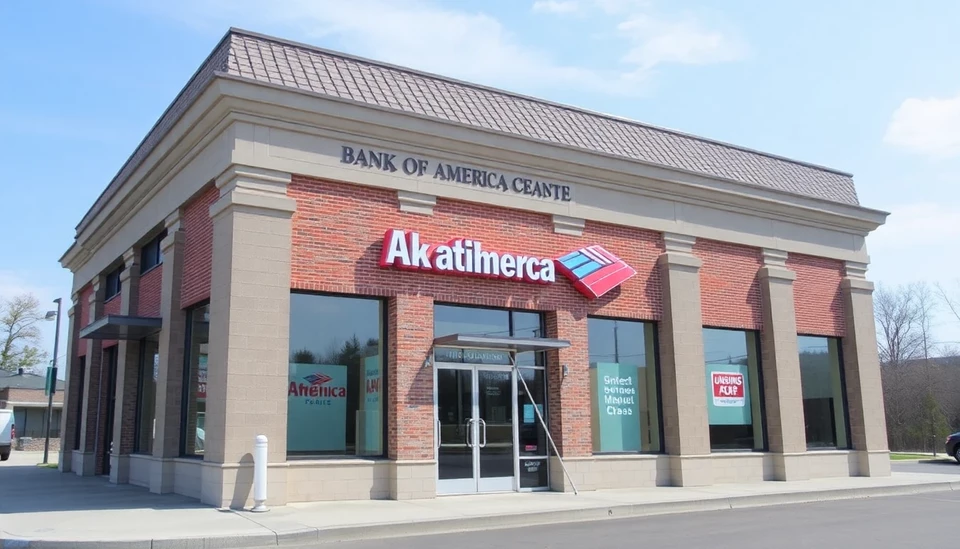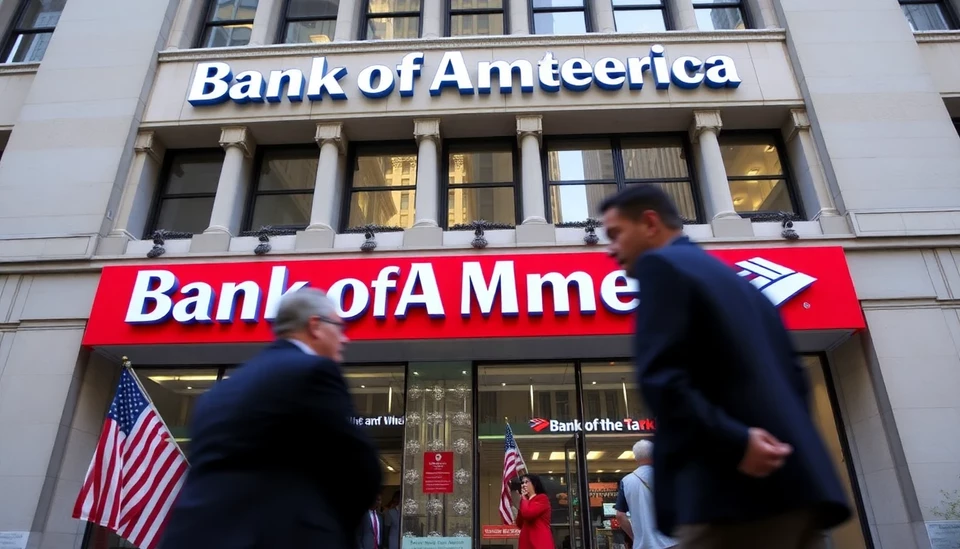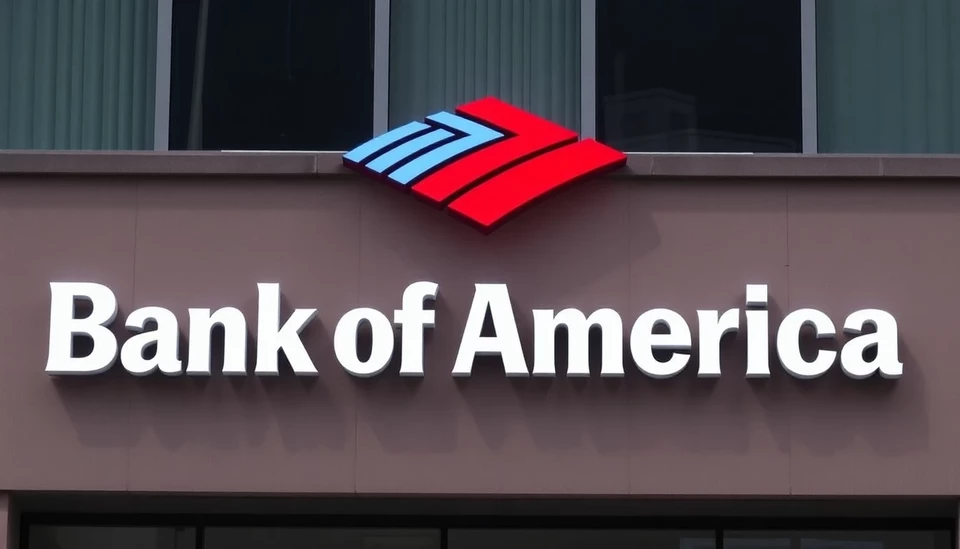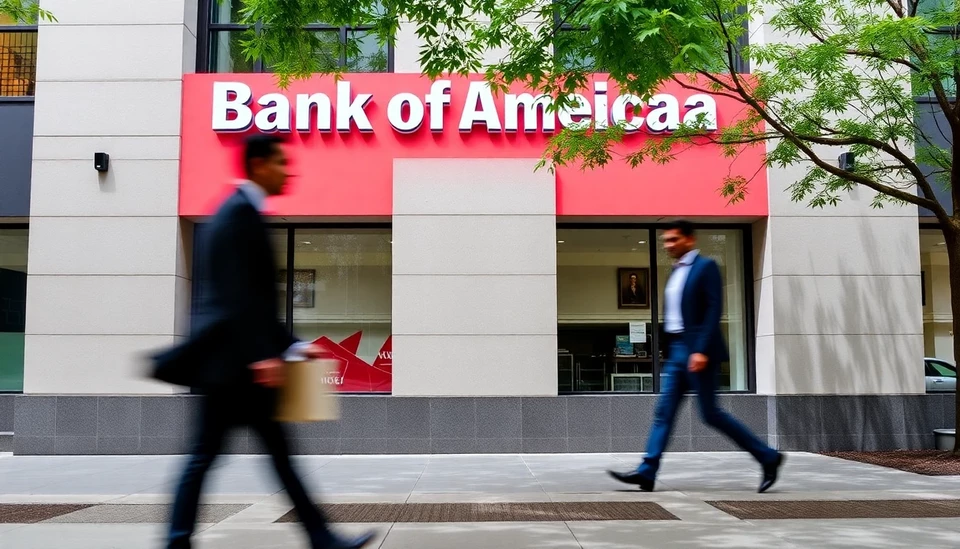
In a significant move towards enhancing its compliance protocols, Bank of America (BofA) has recently entered into a consent agreement with the Office of the Comptroller of the Currency (OCC). This action follows a series of findings from a comprehensive review of the bank’s anti-money laundering (AML) practices.
The OCC has identified multiple deficiencies in BofA's AML controls, revealing that the bank had failed to adequately monitor transactions and report suspicious activities in accordance with federal regulations. These shortcomings have raised concerns about the effectiveness of the bank's customer due diligence procedures, a crucial element in the fight against financial crimes.
The consent agreement mandates that BofA take immediate and robust steps to rectify these issues, which include improving its transaction monitoring systems and enhancing employee training related to AML procedures. The bank has committed to dedicating additional resources to strengthen its compliance framework, as part of its ongoing effort to meet the expectations set forth by regulators.
In conjunction with the agreement, BofA will also be required to submit regular reports to the OCC detailing its compliance progress. This oversight aims to ensure that the bank implements sustainable reforms and remains vigilant against potential risks of money laundering.
Bank of America has acknowledged the findings and expressed its commitment to enhancing its AML efforts. The bank’s spokesperson stated that the consent agreement reflects its dedication to maintaining the highest standards of compliance and protecting the integrity of the financial system.
The OCC’s actions underscore the increasing scrutiny that financial institutions face regarding their anti-money laundering efforts. As regulators become more aggressive in enforcing compliance standards, banks like BofA are prompted to reassess and bolster their AML frameworks to prevent increasingly sophisticated financial crimes.
This agreement marks a pivotal moment for Bank of America, one of the largest financial institutions in the United States, and sets a precedent as to how significant banking entities must operate under federal guidelines to combat money laundering effectively.
As the financial landscape continues to evolve, the importance of robust anti-money laundering measures cannot be overstated. With this consent agreement, BofA is taking proactive steps to address its vulnerabilities and align itself with regulatory expectations. Financial institutions everywhere will be watching closely to see how this situation unfolds and what implications it might have for broader industry practices.
In conclusion, the consent agreement between Bank of America and the OCC highlights the urgent need for financial institutions to strengthen their defenses against financial crimes. As regulators pursue a tough stance on AML compliance, companies in the sector must be prepared to diligently monitor, report, and resolve any inconsistencies in their practices.
#BankofAmerica #AntiMoneyLaundering #OCC #FinancialRegulations #Compliance #FinancialCrime #AMLReforms
Author: Victoria Adams




